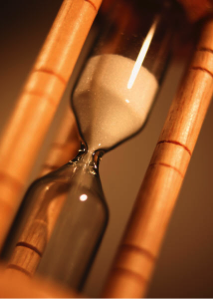Borrow
We borrow our identities when we give in to outside approval. It’s a counter-force to innovation. “What if they don’t like it?” squelches the courage to ship. We don’t need approval at the creative stage. In fact, we don’t need it at all unless we want to sell what we’ve made. Anyone knows that. Right?
And so we borrow the attention of anyone we can to ask for their approval. Over and over and over as in, “Did I get it right this time?” “How about this time?” My dog is persistent, but at some point he gives up, content to just be. I wonder if that’s okay for people, or is that a justification for self-doubt and just plain old fear of failure?
At a regular bank, we borrow money, use it, and pay it back. But when we borrow people’s time, we can never pay it back. Time is gone the minute it’s spent. One cannot be on “borrowed time.” There’s no future to borrow from. It’s not here. The past has been borrowed out. No saved minutes languish in reserve at the time bank. In fact, they’re always cleaned out by the, um, ravages of time.
No saved minutes languish in reserve at the time bank. In fact, they’re always cleaned out by the, um, ravages of time.
Let’s be careful when we borrow. And we can be careful when people ask to borrow our time. But I know I need to be extra careful when I succumb to a borrowed identity. Shakespeare’s quote, that may start out as advice on lending money, actually uses the last three lines to advise the benefits of being ourselves. How did he know this? He probably faced it every day at his writing desk!
Act I, Scene 3 of William Shakespeare’s Hamlet.
Neither a borrower nor a lender be; For loan oft loses both itself and friend, And borrowing dulls the edge of husbandry. This above all: to thine own self be true, And it must follow, as the night the day, Thou canst not then be false to any man.